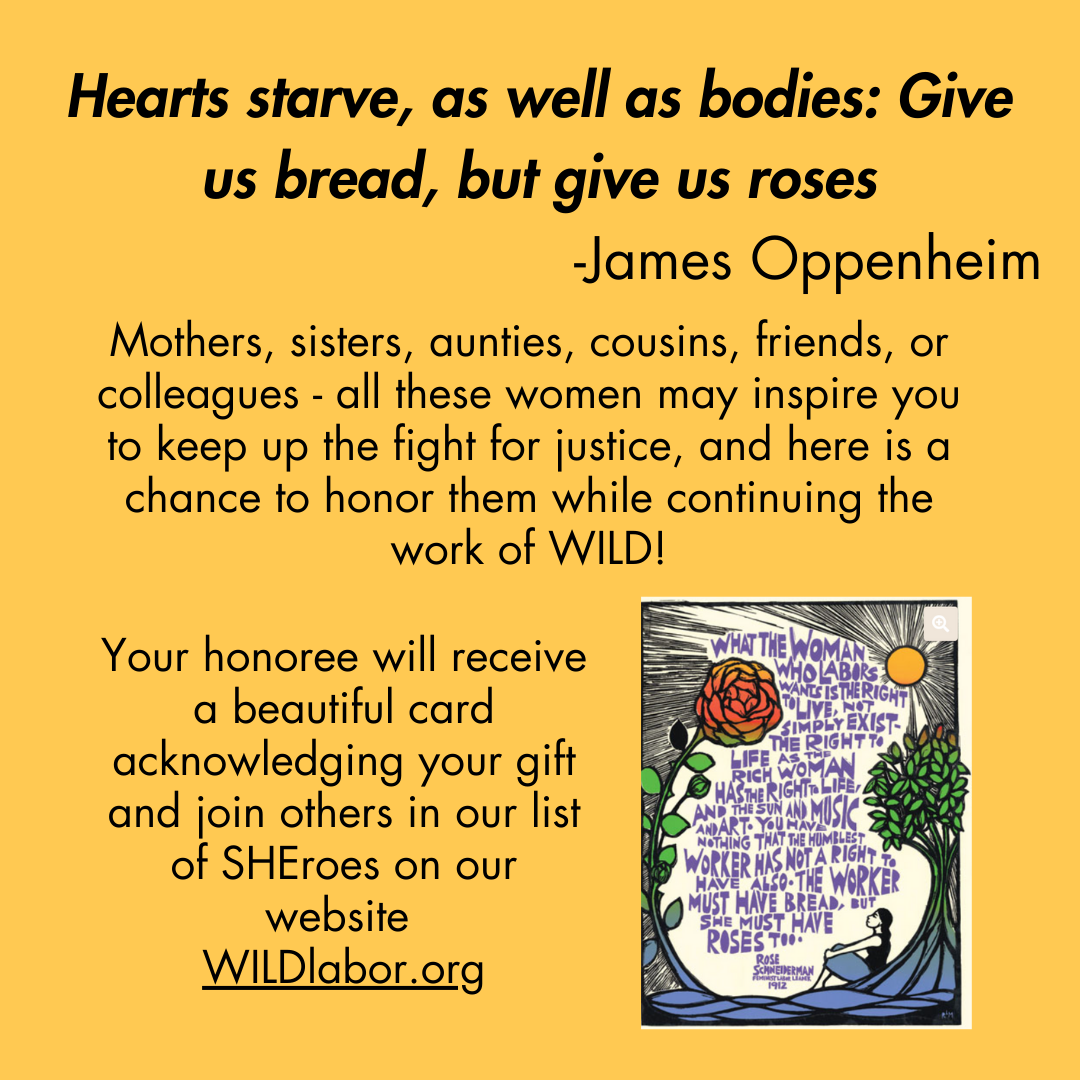WILD's Mission
| History of WILDWILD was founded in 1986 by a group of women labor activists and labor educators affiliated with the Massachusetts AFL-CIO, the Coalition of Labor Union Women, the University of Massachusetts in Amherst and Boston and Southeastern Massachusetts University. WILD offered its Summer Institute in 1987, co-sponsored by these five organizations. The first full-time staff person was hired in 1989. Early efforts focused on developing the Summer Institute to support activism through training, recruiting a diverse group of women participants, translation of the curriculum into Spanish (1992) and the development of a comprehensive teacher training program, based on popular education principles (1994). In 1991, WILD incorporated into an independent non-profit organization, with a Board of Directors recruited from WILD activists and program participants. Recruitment, training, and internal structural changes in the early 1990s enabled WILD to transition from a primarily white-run organization to a multi-racial organization with a multi-racial leadership body. Over the years, WILD has also broadened its original labor constituency to include non-union working women and activists from community-based organizations that focus on economic justice issues. Building bridges between labor and community groups, increasing the diversity of WILD leadership, volunteers and program participants, and encouraging political and labor organizing remain priorities for WILD.
|
WOMEN'S INSTITUTE FOR LEADERSHIP DEVELOPMENT
COME TO LEARN - LEAVE TO LEAD
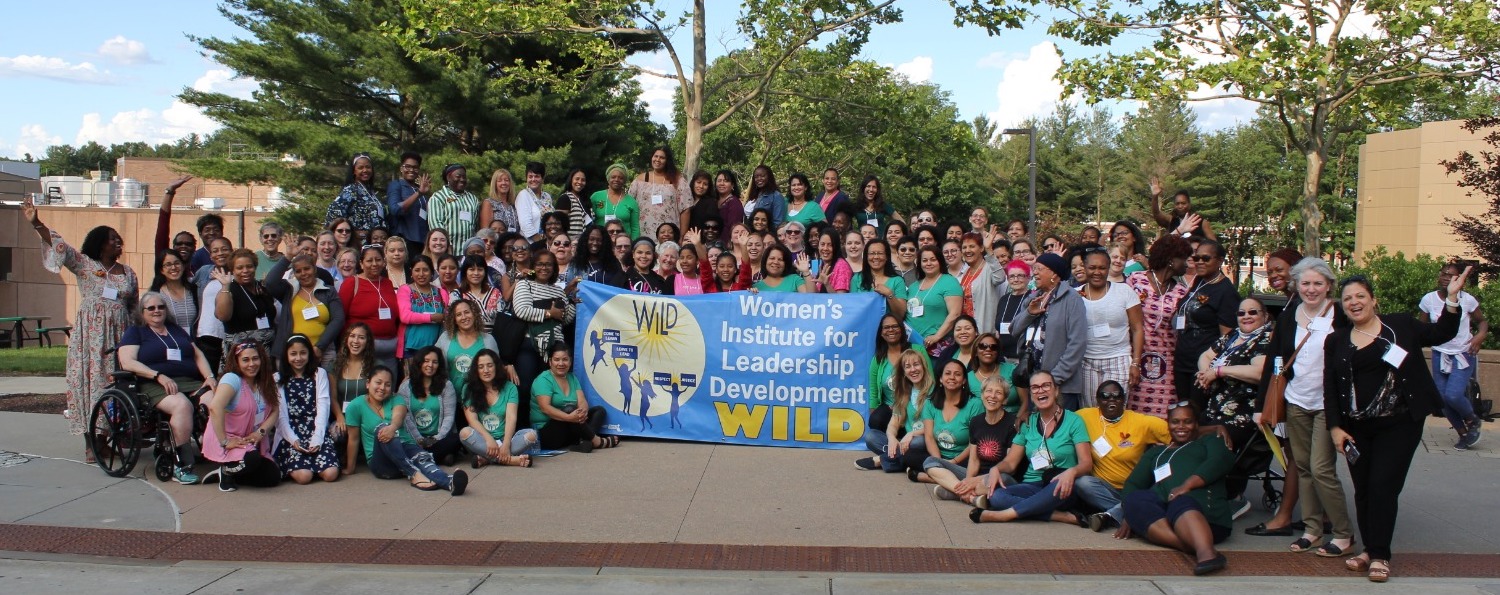 WILD Summer Institute 2019 Group Photo
WILD Summer Institute 2019 Group Photo
WILD is a proud Coalition Member of:
Massachusetts Jobs with Justice
Massachusetts Coalition for Domestic Workers
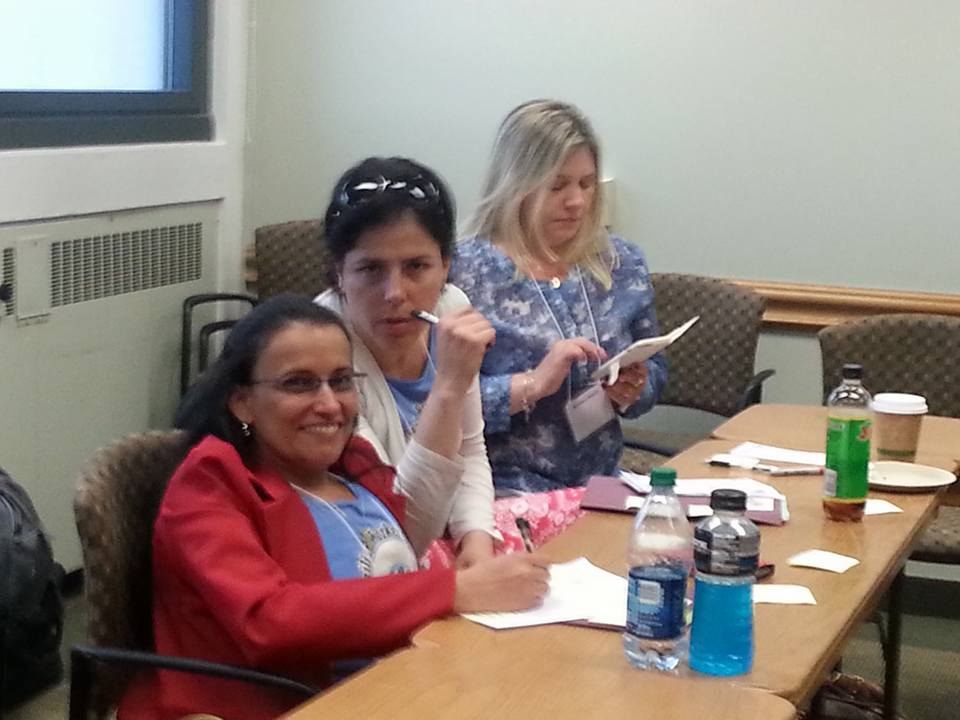
WILD
108 Myrtle St. 4th Floor
Quincy, MA 02171
617-328-1696
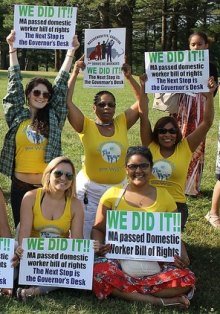
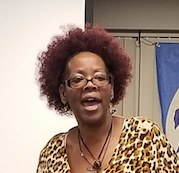 Photo of Ruthella LoganTerry King, President
Photo of Ruthella LoganTerry King, President
© 2023 WILD. All Rights Reserved.

